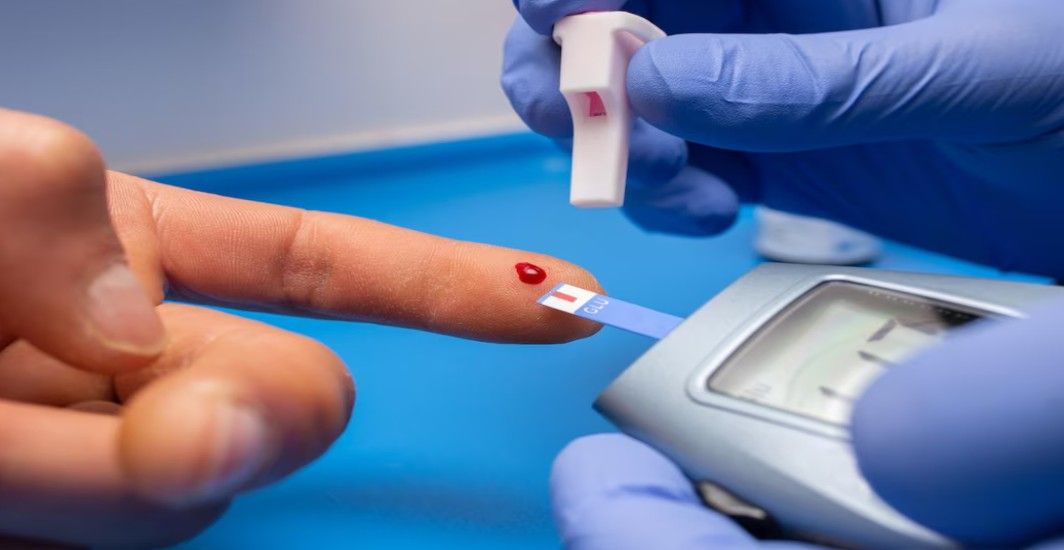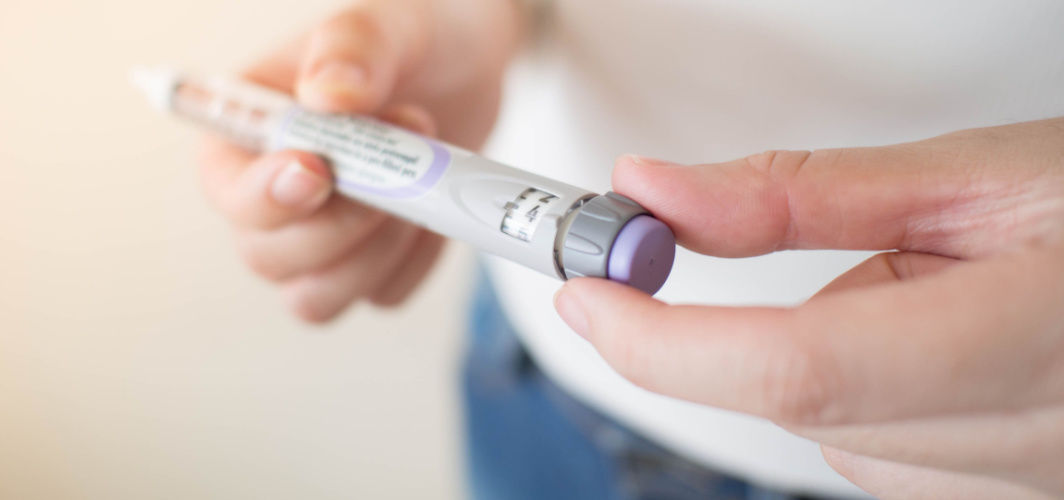Diabetes Management
Exercising Later In The Day Can Help Control Blood Sugar Better. Here's How!
3 min read
By Apollo 24|7, Published on - 09 January 2023, Updated on - 22 February 2024
Share this article
0
0 like

In general, exercising at any point of the day is believed to be beneficial to your body. Moreover, it is a proven fact that just by losing 5% of your body weight, you can improve insulin resistance and reduce your risk of developing diabetes. Let us understand how exercise can help you control blood sugar levels and if there's a best time to reap maximum benefits.
What Is Insulin Resistance? How Does Exercise Help?
Insulin resistance is a hallmark of type 2 diabetes, which can also affect those suffering from type 1. Insulin resistance means that the cells in your body do not respond to insulin (a hormone that carries glucose into the cells) appropriately and cannot use glucose to generate energy. As a result, glucose remains in your blood without being absorbed by the cells. Eventually, this high glucose level in the blood results in diabetes.
However, diabetes is called a lifestyle disease as your diet and exercise can play an important role in saving you from the grasp of this disease and its complications.
You can decrease insulin resistance and improve insulin sensitivity by making small modifications to your lifestyle.
When you perform even a little physical activity like walking, running or gardening:
- Your muscles and liver release glucose as fuel to generate energy.
- These activities also help utilise the stored form of glucose (glycogen) in the cells.
- The circulating glucose in the blood readily enters the cells of your body and gets utilised during exercise.
In this way, exercise can help with blood glucose control, which in turn, can help improve the insulin sensitivity of the cells in your body.
When Is the Best Time to Exercise?
While we have established that exercising can help improve insulin resistance, the next question that comes to our mind would be; when should you exercise? Is there any best time to exercise?
According to a recent study, exercising during the afternoon resulted in an 18% reduction in insulin resistance, while doing the same in the evening resulted in a 25% reduction compared with spreading activity throughout the day.
The researchers also found that moderate to vigorous physical activity reduced both insulin resistance and liver fat content.
Scientists stated that exercising at any point of the day can be beneficial, however, there is a positive link between exercising during the evening and insulin resistance. They further stated that in-depth research is necessary to confirm the benefits of exercising later in the day in managing diabetes.
FAQs
1. Is it safe to exercise with diabetes?
Yes, it is safe to exercise if you have diabetes. Furthermore, it is highly recommended as physical activity can reduce insulin resistance and help control blood sugar levels.
2. Does walking after eating manage diabetes?
Yes. Slow or brisk walking after eating a meal can help reduce insulin resistance. However, it is advised to wait for at least 3 to 4 hours before performing any strenuous exercise.
3. How often should you exercise to reduce weight, if you have diabetes?
You should exercise for at least 30 minutes a day for 5 days a week to improve your overall health and control your blood sugar level.
4. Can diabetes be cured by exercise?
Diabetes cannot be cured, but it can be effectively managed with lifestyle changes such as exercise and diet.
If you need expert guidance,
Consult An Apollo Diabetologist
You can also try Apollo 24|7’s Diabetes Self-Management Tool to log your sugar values, track patterns, know all about food nutrition and more.
Medically reviewed by Sonia Bhatt.
Diabetes Management
Consult Top Diabetologists
View AllLeave Comment
Recommended for you

Diabetes Management
Blood Sugar Testing and Tracking in Prediabetic Individuals
Prediabetes, a tell-tale sign of elevated blood sugar levels, is an opportunity to intervene and prevent the onset of type 2 diabetes. Through regular blood sugar testing, tracking, and addressing cardiovascular risk factors, the progression towards diabetes can be delayed or even prevented.

Diabetes Management
What Is Insulin? Answering The Top 5 Frequently Asked Questions
The different types of insulin available for diabetes management are rapid-acting insulin which works quickly and short-acting insulin which is taken before meals to control blood sugar levels. Intermediate-acting insulin has a prolonged effect and is taken twice a day for basal insulin coverage during fasting periods while long-acting insulin provides a steady release of basal insulin for 24 hours to maintain stable blood sugar levels, and pre-mixed insulin that combines short-acting and intermediate-acting insulin.
.jpg?tr=q-80)
Diabetes Management
Diabetes Management: Your Guide to Selecting a Blood Glucose Meter
Choosing the right blood glucose meter plays a crucial role in managing diabetes effectively. Consider factors like accuracy, ease of use, blood sample size, test speed, memory, app connectivity, and cost. The Apollo Smart Glucometer, for instance, not only provides accurate readings but also offers real-time glucose data, personalised advice and unlimited access to the Diabetes Self-Management tool, facilitating effective diabetes management.
Subscribe
Sign up for our free Health Library Daily Newsletter
Get doctor-approved health tips, news, and more.
Visual Stories

8 Fruits That are Incredibly Healthy for Diabetes
Tap to continue exploring
Recommended for you

Diabetes Management
Blood Sugar Testing and Tracking in Prediabetic Individuals
Prediabetes, a tell-tale sign of elevated blood sugar levels, is an opportunity to intervene and prevent the onset of type 2 diabetes. Through regular blood sugar testing, tracking, and addressing cardiovascular risk factors, the progression towards diabetes can be delayed or even prevented.

Diabetes Management
What Is Insulin? Answering The Top 5 Frequently Asked Questions
The different types of insulin available for diabetes management are rapid-acting insulin which works quickly and short-acting insulin which is taken before meals to control blood sugar levels. Intermediate-acting insulin has a prolonged effect and is taken twice a day for basal insulin coverage during fasting periods while long-acting insulin provides a steady release of basal insulin for 24 hours to maintain stable blood sugar levels, and pre-mixed insulin that combines short-acting and intermediate-acting insulin.
.jpg?tr=q-80)
Diabetes Management
Diabetes Management: Your Guide to Selecting a Blood Glucose Meter
Choosing the right blood glucose meter plays a crucial role in managing diabetes effectively. Consider factors like accuracy, ease of use, blood sample size, test speed, memory, app connectivity, and cost. The Apollo Smart Glucometer, for instance, not only provides accurate readings but also offers real-time glucose data, personalised advice and unlimited access to the Diabetes Self-Management tool, facilitating effective diabetes management.

